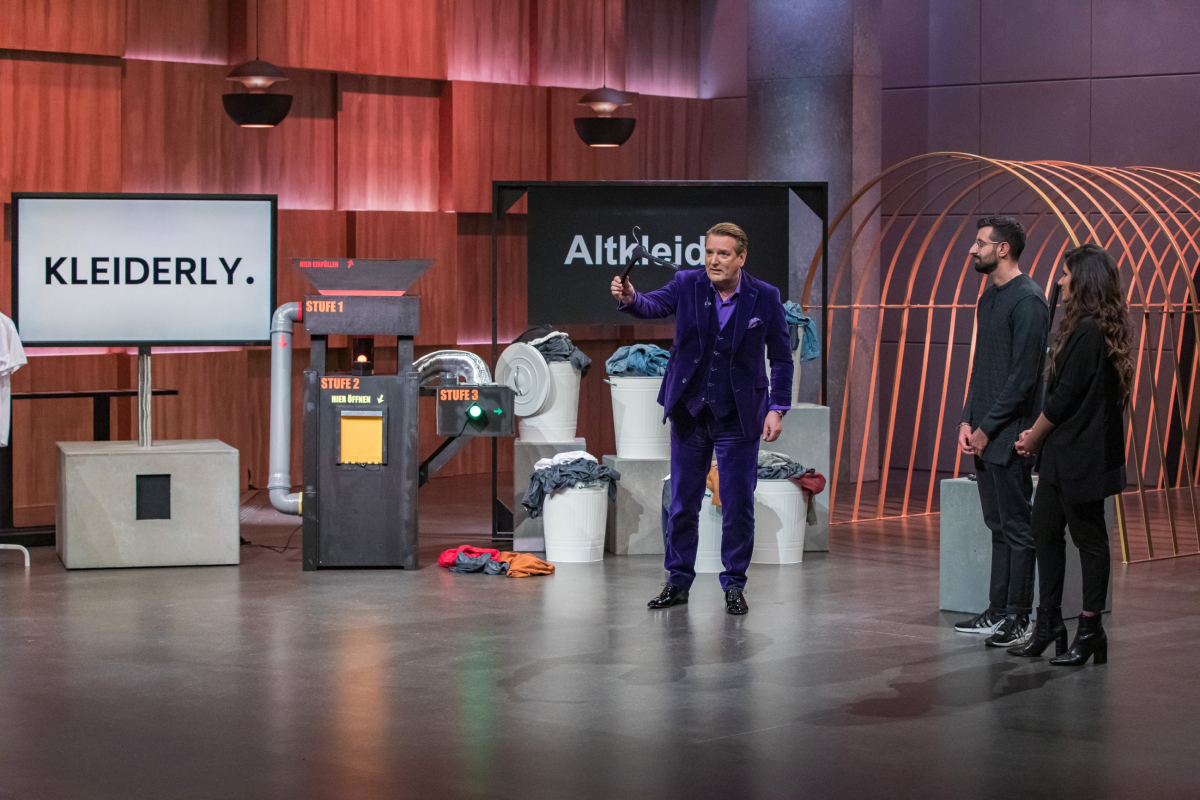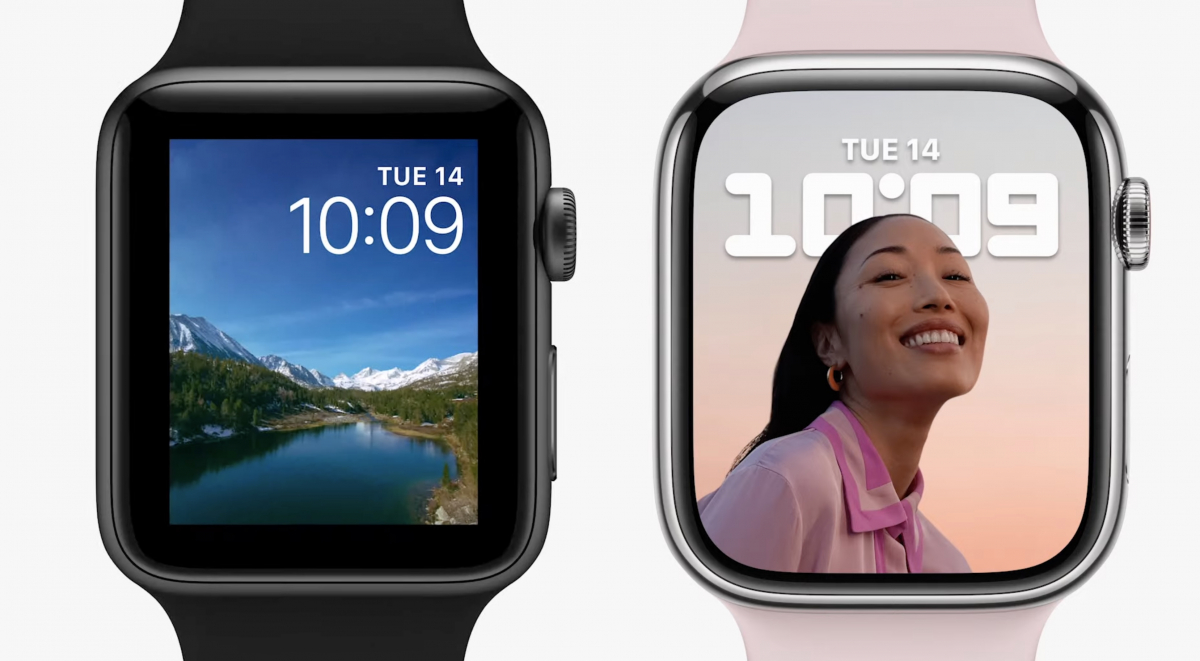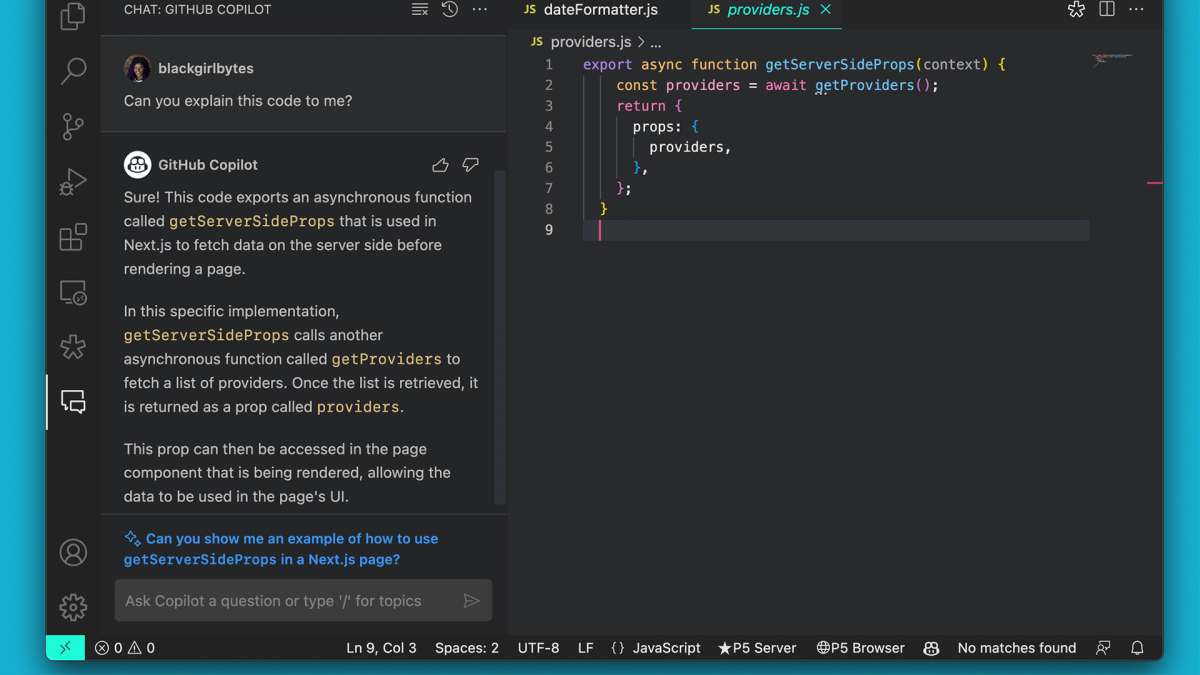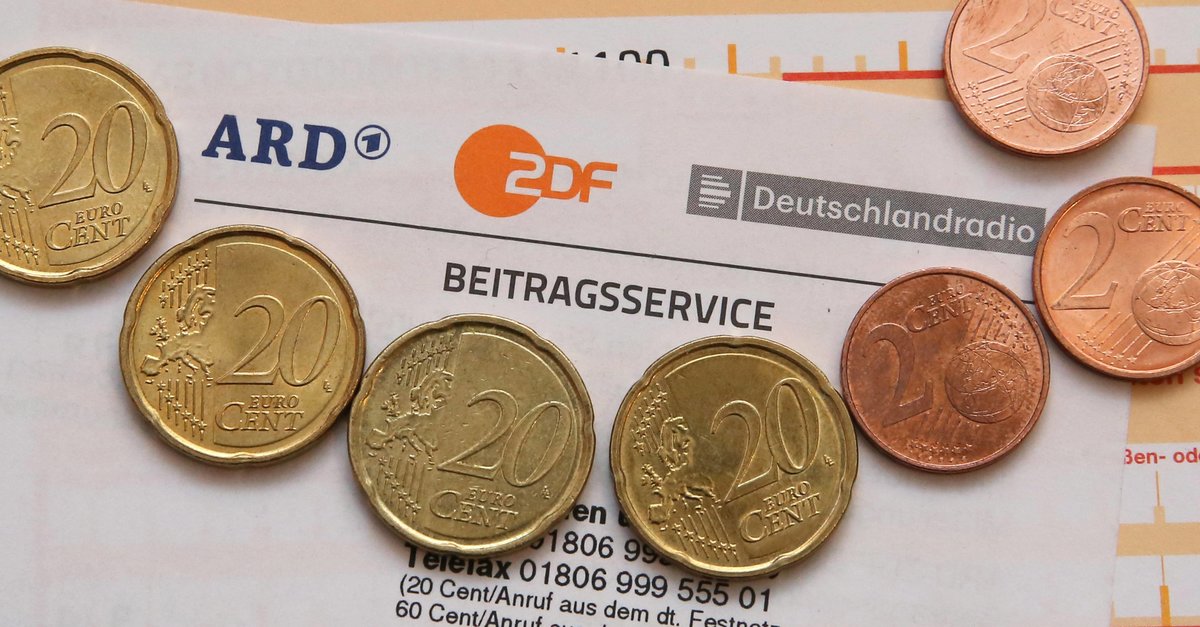“We are now on the verge of finalizing something”
Plastic from textile waste, that is the idea behind the Berlin startup Kleidly. Although there was no deal for Alina and Dave Bassi at DHDL, a lot has happened in the company since then.
In episode 4 of the tenth season “The Lions’ Den”, the founding team and couple from Berlin present a plastic made from textile waste. Alina Bassi studied process engineering and started her career at an oil company, but then she got on to projects that correspond more to her ideals of a more sustainable economy – and eventually founded her own company with her partner.
The circular economy, which is represented by the recycling of textile waste at Kleidly, represents an important component for more sustainable production for Bassi: “There is a study by the EU that says that if we really do Circular economy would switch, we could cut Co2 emissions in half by 2030. ”It is also clear to the founder why she wants to start in the textile industry, there is simply a lot to do there. “The fashion industry produces ten percent of global Co2 emissions”, Says Bassi. Even Water consumption and pollution through the industry, for example, are enormous.
Even without a deal, she hopes the DHDL appearance will provide a more advanced aspect: “100 billion items of clothing are manufactured every year, and almost 90 percent end up in a landfill or are burned. This is a big problem that not enough people know about and that we all contribute to. So I also hope that we created awareness through the show. “
The young woman says that Kleidly had been asked for the startup program several times in advance by the Vox editorial team. Bassi explains why she always refused at first: “To be honest, I think that I avoided taking part because my German is not that good. I haven’t even lived here for two years and I wasn’t ready yet. ”In the end, however, the two agreed – in an interview, the founder reveals how she experienced the show and what has happened since it was recorded.
Editor’s note: The interview with Alina Bassi was conducted in English and subsequently translated into German.
t3n: How did you prepare for the show at Kleidly after your appearance was set?
Alina Bassi: First and foremost, we wanted to make sure that all our things were ready, we were just in the process of preparing the first prototype glasses from our material. We just wanted to be sure that everything would arrive on time to be featured on TV. And that actually worked, the prototype was there about a week before the recording.
t3n: The “Den of the Lions” is about the search for donors: inside. How was Kleidly financed until then?
So far we have financed ourselves completely, i.e. through savings, loans and the like. That was tough, Dave also worked as a freelancer on the side to support us financially.
Alina Bassi studied process engineering – she combines her technical know-how and sustainable ideals with Kleidly. (Photo: Kleidly / Jonas Holthaus)
t3n: How did the performance in the “Den of the Lions” go from your point of view?
The show went pretty well, it was exciting just to see a TV set. We managed to pitch really well in German – at least from my point of view – but unfortunately we didn’t get a deal. However, the reasons given by the lions were very fair: They said that our material is so changeable that it is suitable for a wide variety of products. And we really wanted to show all these possibilities and the degree of innovation that Kleidly has, so we didn’t just go into the show with the glasses, but various other products.
They were excited and impressed by the idea and what we did together, but because we are a rather small team, they wanted us to focus on one thing and do it really well. I totally understand that, and that’s exactly what we’ve been doing since. We’ve been working on tweaking our product line for months since it was recorded, and this month we launched it. And they were of the opinion that we need more money than we had included in our assessment, which is why they did not see themselves as the right donors.
t3n: Were you disappointed with the reaction?
In all honesty, it’s pretty hard to say. Of course we were disappointed, I think anyone would be, but I really understand the feedback so it wasn’t a surprise. So we did what we should be working on. And to be honest: The time since then has been quite exciting for us, we have been very focused, had promising discussions with investors and are now close to finalizing something. We were also in the media a lot, Vogue wrote about us, Grazia – it’s going very well for us.
t3n: Briefly about the product itself: How do you get the textiles for production?
We work with different people from the scene. In the beginning we mainly worked with aid organizations, but now large producers are also approaching us, we have people from a wide variety of textile areas, not only clothing, but also, for example, furnishing materials such as sheets and the like. We now get inquiries almost every week.
t3n: Glasses that no longer fall or are broken can be sent back to Kleidly. What then happens to the material?
It is recycled in the same way as plastic, i.e. shredded, extruded (processed into granules by melting and cooling, note d. Red.) and melted down again.
t3n: In the meantime, the first Kleidly glasses are actually available – what are your goals for the next few years?
We have a lot of exciting things going on right now. I would say the biggest goals are to break the barriers in the fashion industry and get companies to rethink and see how they can recycle waste instead of throwing it into landfill or incineration. This also applies to end users, we want to help them understand what contribution they are making to the problem. We also want to bring out more products and make the collaborations we are already working on behind the scenes public.
t3n: If the awareness for sustainability were one day as established as you would like it to be – do you think that Kleidly will eventually become superfluous because the textile waste no longer arises?
I would honestly be really happy if that were the case, that would be a great scenario. Then I would know that we have made a difference and that we are moving towards a more sustainable future. Unfortunately, I don’t think that will happen in the next five to ten years. I would like it because at the end of the day we already have so much textile waste and the problem will only get worse: by 2050 we will be producing 150 billion pieces of clothing – if 90 percent of it ends up in the trash, that’s a big one Problem.
t3n: Thank you for the talk!



